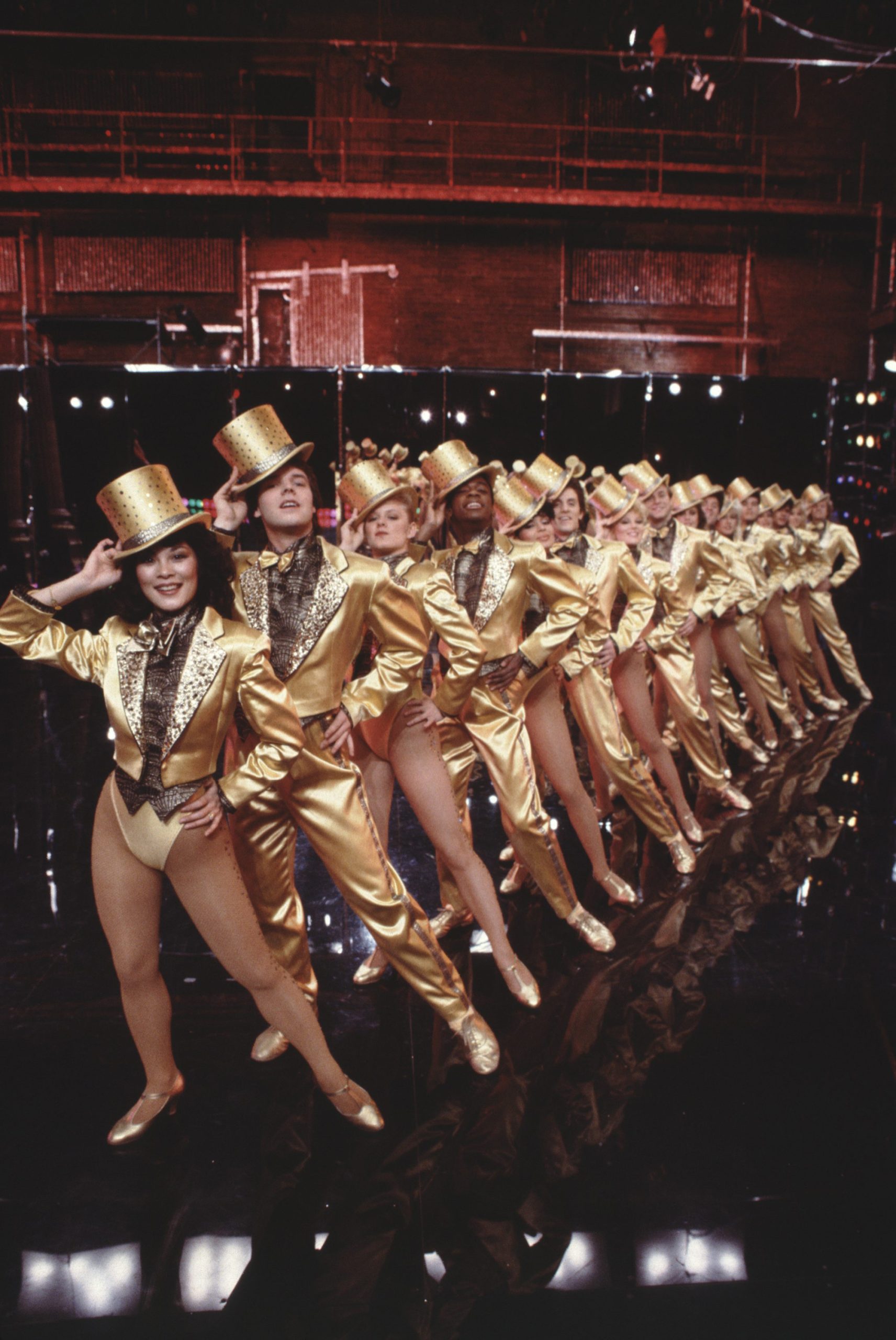
- Golden Globe Awards
“A Chorus Line” Brought Visibility to Queer Stories in the 70s and 80s
“Again! Step, push, step, step-touch, kick. Again! Turn, turn, right, left. Up, step, pivot, step-touch, kick. And down! Got it?”
The film A Chorus Line, released theatrically in 1985, is a colorful adaptation of one of the first major Broadway musicals to address its characters’ homosexuality. The American musical film, directed by the late Richard Attenborough, tells the tale of a group of 17 dancers who meet on the bare stage of a Broadway theater to audition for a new musical production to be directed by Zach (Michael Douglas). The story provides a glimpse into the personalities of the performers and the choreographer as they describe the events that have shaped their lives and their decisions to become dancers.
On July 25, 1975, the original musical A Chorus Line opened at the Shubert Theatre on Broadway, and was directed and choreographed by Michael Bennett. The show knew unparalleled box office success, became a critical hit and was the most singular sensation to hit Broadway in many years – in other words, it was pure magic. It won nine Tony awards, in addition to the 1976 Pulitzer Prize for Drama and the original Broadway production became the longest-running production in Broadway history, only to be outshone by CatsBoth the Broadway musical and the movie adaption succeeded in showing the trials and tribulations a dancer goes through to land a role. Through A Chorus Line, audiences understood the actors’ rollercoaster of struggles, joys, losses, fears, hopes and dreams.
People in the LGBTQIA+ community especially felt inspired and found courage through watching the classic musical, which was one of the first major Broadway musicals to address its characters’ homosexuality. The character of Paul delivers a touching monologue about how performing revealed his identity as a gay man. He recounts that when his parents found out that he was gay and playing in drag, they could not look him in the eye. His speech climaxes in a tearful outburst in which he shares his heartbreak about the condemnation he received from his parents of being gay. Yet in the end, the audience gets to see his valor, which may be an inspiration to those in the audience who face similar challenges.
On the big screen, Paul’s character was played by actor Cameron English, while on the Broadway stage the part was originally portrayed by Sammy Williams, who won a Tony Award as Best Supporting Actor for this role. However, the original inspiration of Paul San Marco came from writer Nicholas Dante, who won a Pulitzer Prize and a Tony Award as a co-author of A Chorus Line. He wrote the original book with James Kirkwood, based on tapes of dancers’ real-life stories: his own personal story draws many similarities with Paul’s, as Dante too grew up poor in New York City, feeling scorned and lonely because of his homosexuality. Dante himself played the role of Paul later on.
Tragically, both Dante and Bennett would die of AIDS-related complications in 1991 and 1987 respectively. Nevertheless, A Chorus Line will go down in history as one of the most iconic Broadway shows ever, and as one of the earliest successful productions to highlight queer stories.

